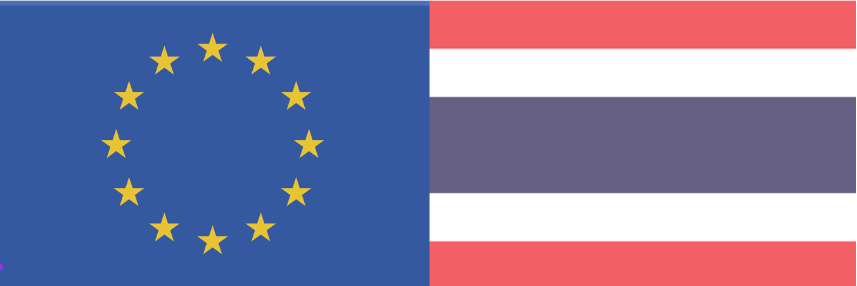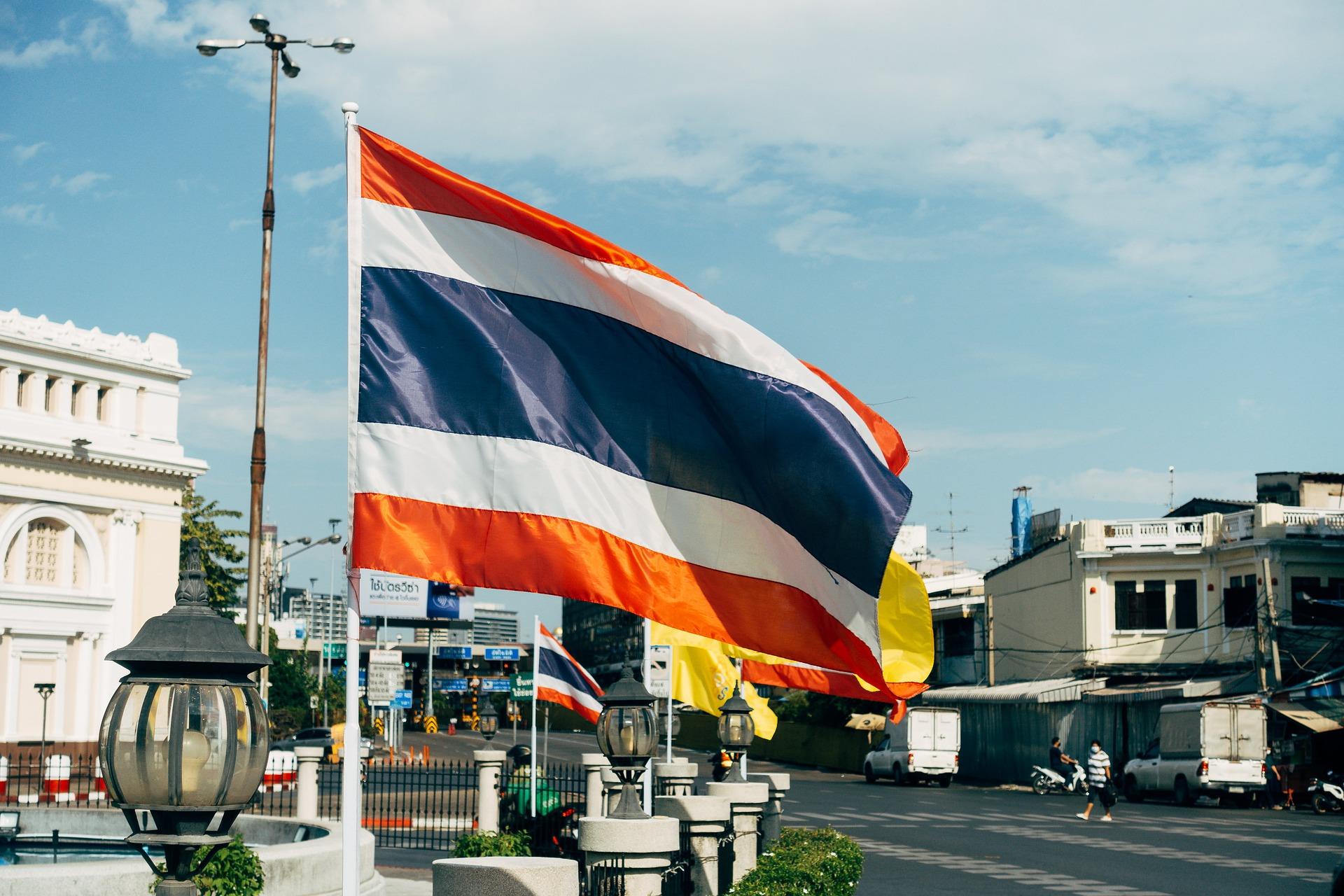
Resumption of the EU-Thailand Free Trade Agreement: A Catalyst for Growth and Collaboration
In an era marked by profound and unprecedented geopolitical tensions, trade disputes, supply chain disruptions, and global economic downturn, the revival of negotiations for the Free Trade Agreement (FTA) between the European Union (EU) and Thailand signifies an opportunity to revitalise the economic relations between the two long-time trading partners. Leveraging the foundation laid by the EU-Thai Partnership and Cooperation Agreement (PCA) signed on 14 December 2022, both parties have affirmed their commitment towards upholding the rules-based international order. The PCA is the reflection of the EU’s strategic intent to address the increasing geopolitical risks, economic uncertainties, and the climate crisis by actively cultivating like-minded alliances in the Indo-Pacific region.




